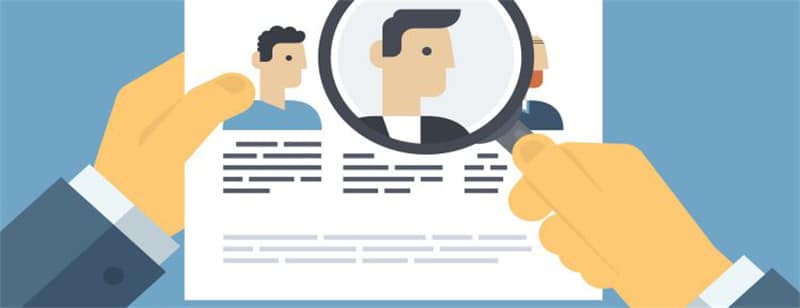
When you meet someone new, their true intentions are hard to glean from the initial interaction. Are they deliberately withholding something? How honest are they being with you?
You want them to mean well and hope for the best, but that’s not good enough. There is no reason to take a risk, considering how easy it has become to search someone’s personal history. An internet search can reveal an alias, a criminal record, a previous bankruptcy, or a secret significant other.
The world isn’t perfect and virtual strangers can’t trust each other.
Why run an Informal Background Check?

Your new friend might not be lying about who they are, but they could be holding something back. This could be unpaid debt, a DUI, or a drug charge. If your intuition is telling you there’s something off about them, you can run an informal check to find out whether there’s something wrong.
A formal background check can be expensive. There aren’t that many legitimate providers of this service because they have to comply with a lengthy list of legal requirements. A formal screening procedure checks not only for criminal history but also financial and employment history. Companies perform such checks on job candidates and current employees. You can find the information you need much more cheaply.
How to Look Them Up
Having nothing to go on but their name won’t get you far, especially if it’s a common one. You’ll be clicking away for hours, no matter which search engine you choose. It would be more effective to combine their name with additional information, like an email address.
Type their full name enclosed in quotes in the search box along with supplemental phrases like debt, criminal record, school, divorce, wife, or girlfriend.
Try a People Finder
If your search engine of choice doesn’t reveal enough, a free people search tool can provide access to public data, including any public filings, criminal records, or court records.
You need a few basic details to register with a people finder. Finders offer the easiest way to do an informal background check.
Social Media

You can search for their profile on Facebook if you’re not already connected. Use groups, places, and names. Search using their last name and the name of the city where they live.
You might find a relative of theirs. Look up any friends of theirs, if you know some. Eventually, you’ll find the new person in your life even if their profile is private or they’re using a pseudonym or a different name.
All you need to search social media is an email or a phone number. Pay attention to profile pictures. If you’re already connected, have a look at their friend list.
Are there more men than women on it or vice versa? Look at their activity level, the timeline of their posts, and how many people have left likes on their posts. All of these details will build their profile.
Don’t bypass LinkedIn in your social media search. Not many users lie on their profiles because potential employers and clients ask to verify the information. At the very least, they can’t afford to lie about what school they went to or about their date of birth.
You can confirm their job, infer their birth year from the date when they started school, establish their location, and more. Peer endorsements can be trusted to some extent.
Check Public Records
Try a public records platform if you’re still not getting enough information. Data aggregators collect information from these sites. They gather it from different sources and compile it into a report on the subject of your search. Enter their name, age, and location to narrow down the results.
This type of search will show their real birth year, any aliases, arrest records or other interesting information.
A Criminal Record
Checking for criminal history is an essential aspect of a people search. While having a record isn’t necessarily a deal-breaker, it’s good to have this information. In the US, criminal records are usually public and freely accessible, but they are filed and recorded differently depending on the state.
You can see some of their records online if you know what state or county they live in. They are available on the government websites of the respective state or county. You enter “criminal records” plus the jurisdiction in a search engine.










